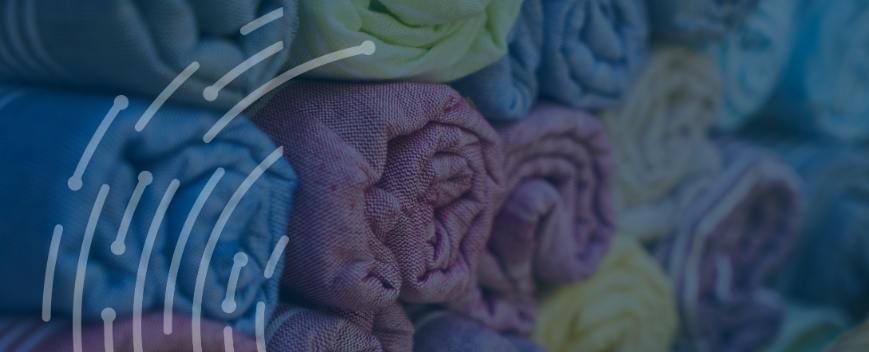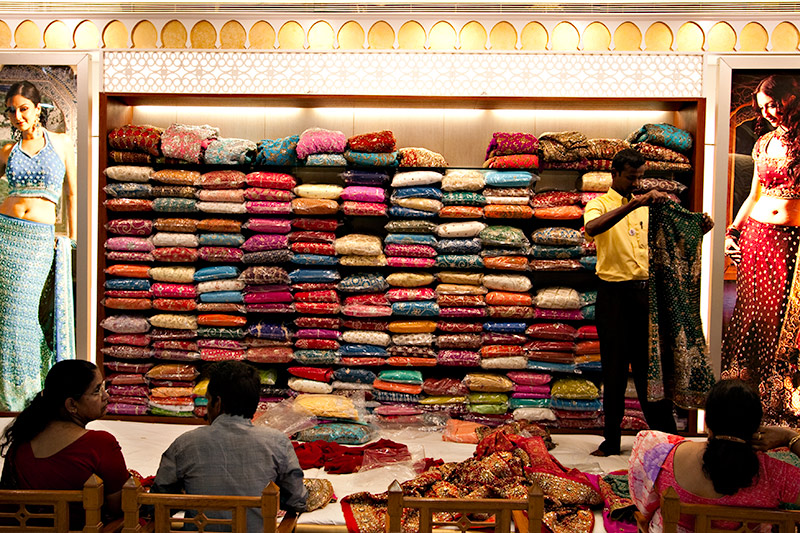Textile Finance (SIC 13100)


Trade Finance without Barriers
Informing Today’s Market, Financing tomorrow’s Trade.
Get Trade FinanceContent
A recent spate of acquisitions and divestments playing out amongst the large global carpet manufacturing firms has played out against a backdrop of growing demand for the product from the household and commercial sectors. As order volumes rise and producers driving for efficiency become ever more specialised, Trade Finance Global can help firms manage the complex international transactions which underpin the production and sale of these textiles.
The Global Textile Trade
In recent years, the value of world textile exports has enjoyed steady if unspectacular growth. However, the production chains which service this demand continue to undergo change and consolidation. Though China, the EU and India remain the top three exporters of textiles, production and manufacture of products continues to shift towards South-East Asia and other developing economies, which have increasingly abandoned plans to invest in their own raw textile manufacturing capabilities and instead rely on imported products. These are largely obtained from China, which is shifting production away from apparel goods towards base textiles. China is therefore increasingly the primary source of textiles for the South-East Asian apparel-producing countries who subsequently manufacture and export finished products. However, demand from the automobile industry in developed economies has also seen carpet and industrial textile production lift in volume and value in the USA and the EU.
Conducting transactions across international borders can be daunting for relatively inexperienced textile traders, as the production, processing, customs and regulatory dimensions of products vary hugely between each one. Textile products and manufactured textiles can both often be subject to stringent tariffs, duties and quotas, as well as extensive customs checks, by economies seeking to protect their own manufacturing industries. However, trade between countries is essential for textile producers to acquire the resources they require and traders to meet suppliers’ demand. TFG’s proven financial support structure for international traders can support these trade transactions.
Products financed
Key products financed include:
- Woven fabrics (i.e. silk, cotton, wool)
- Synthetic fabrics
- Carpets
- Rugs and other household textile products
- Industrial textile products
Textile Producer – Finance Requirements
- Your accounts receivable are lucrative and stable
- It is appropriate for your business to take on credit obligations
- A trusted buyer or seller has been identified for your proposed venture
How the transaction works
Trade financiers’ low capital requirements and flexible terms of repayment are designed for international textile producers to enable them to invest in ventures; pay suppliers up front for goods receivable; ship, receive and forward those goods to fulfil their orders; and then repay their trade finance from the profits in their accounts. Underpinned by private trade finance on flexible repayment terms, exporters can also then move textile goods through supply chains, processing plants and ports at speed, supported by a series of performance-based payment structures including performance bonds or bank payment obligations. When they arrive in the importers trade jurisdiction, specialist teams can also advise on appropriate transportation and warehousing solutions for textile products to mitigate operational and commercial risks to firms.
What is the SIC Code for Trade in Food & Drink?
SIC Code
13100
Preparation and spinning of textile fibres
Other SIC Codes that could also be used are:
- 13200 Weaving of textiles
- 13300 Finishing of textiles
- 13923 Manufacture of household textiles
- 13931 Manufacture of woven or tufted carpets and rugs
- 13939 Manufacture of other carpets and rugs
- 13960 Manufacture of other technical and industrial textiles
- 13990 Manufacture of other textiles n.e.c
Case Study

Carpet Trader, Textiles
A textile importer was struggling to find appropriate warehousing space for high-quality carpet textiles at key port locations, disrupting and delaying their supply chain at significant cost. TFG’s financing team was able to advise on appropriate warehousing and transportation solutions for a venture financed through lending secured to the importers extremely profitable accounts receivable, minimising these risks.






















